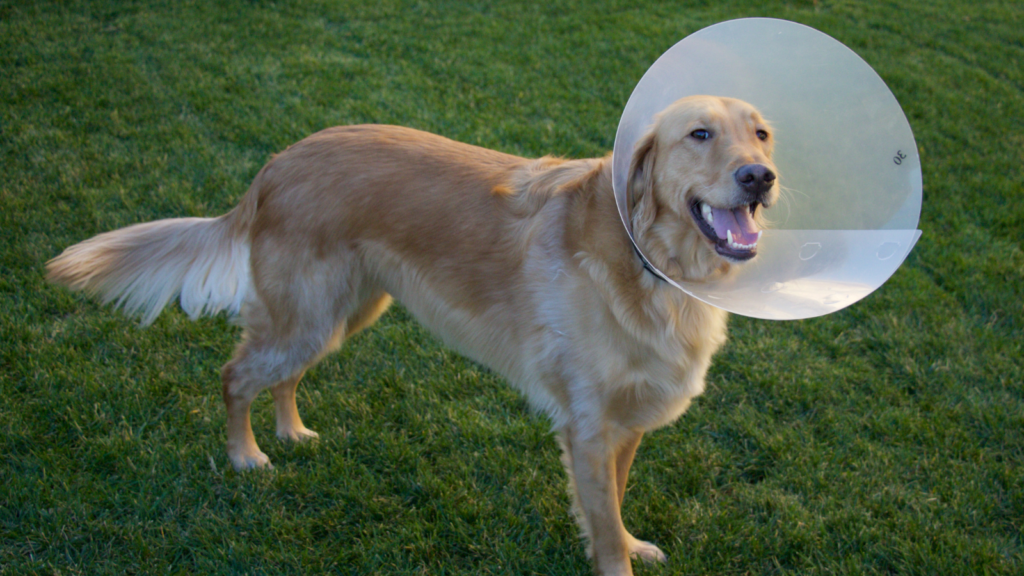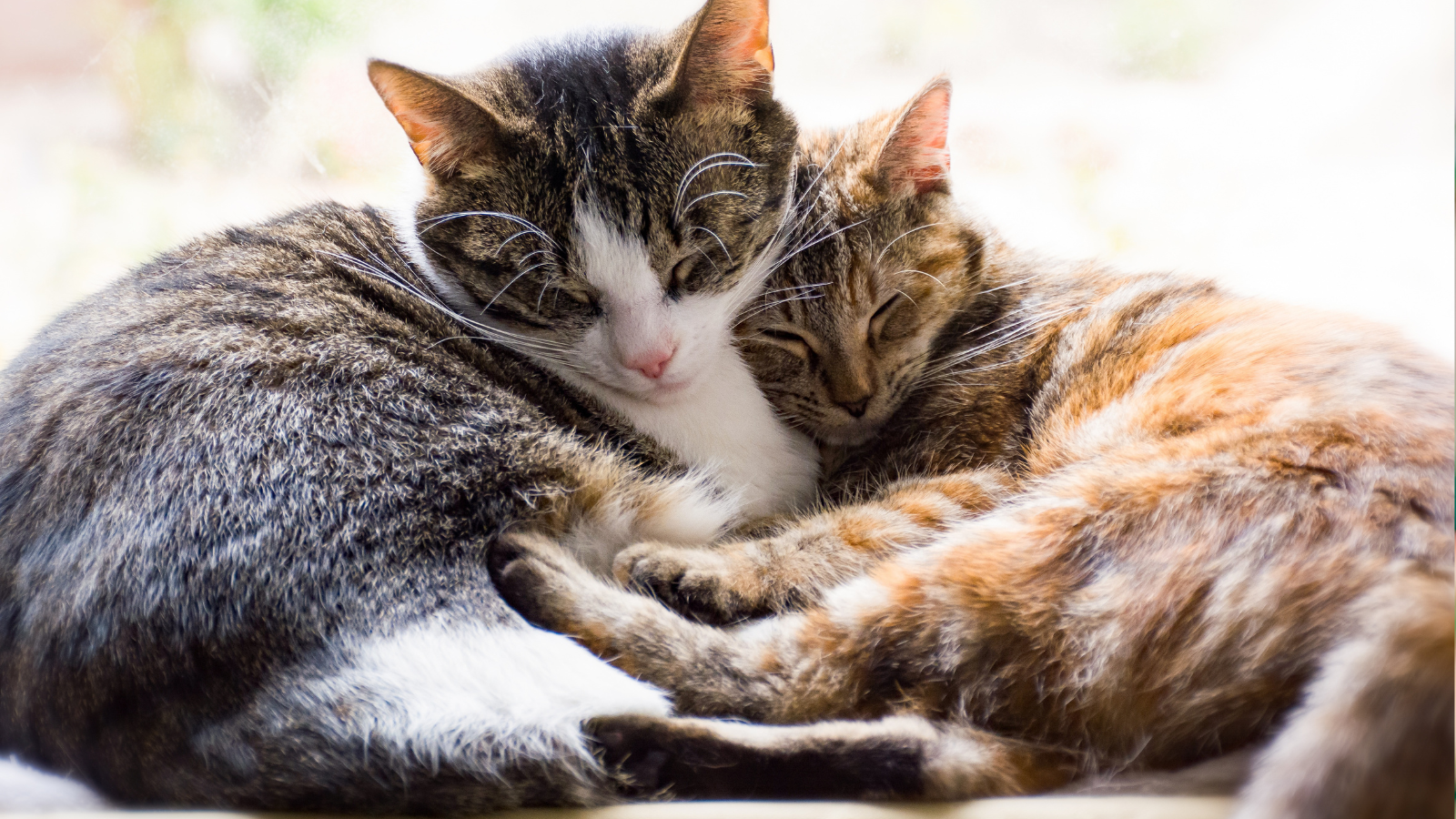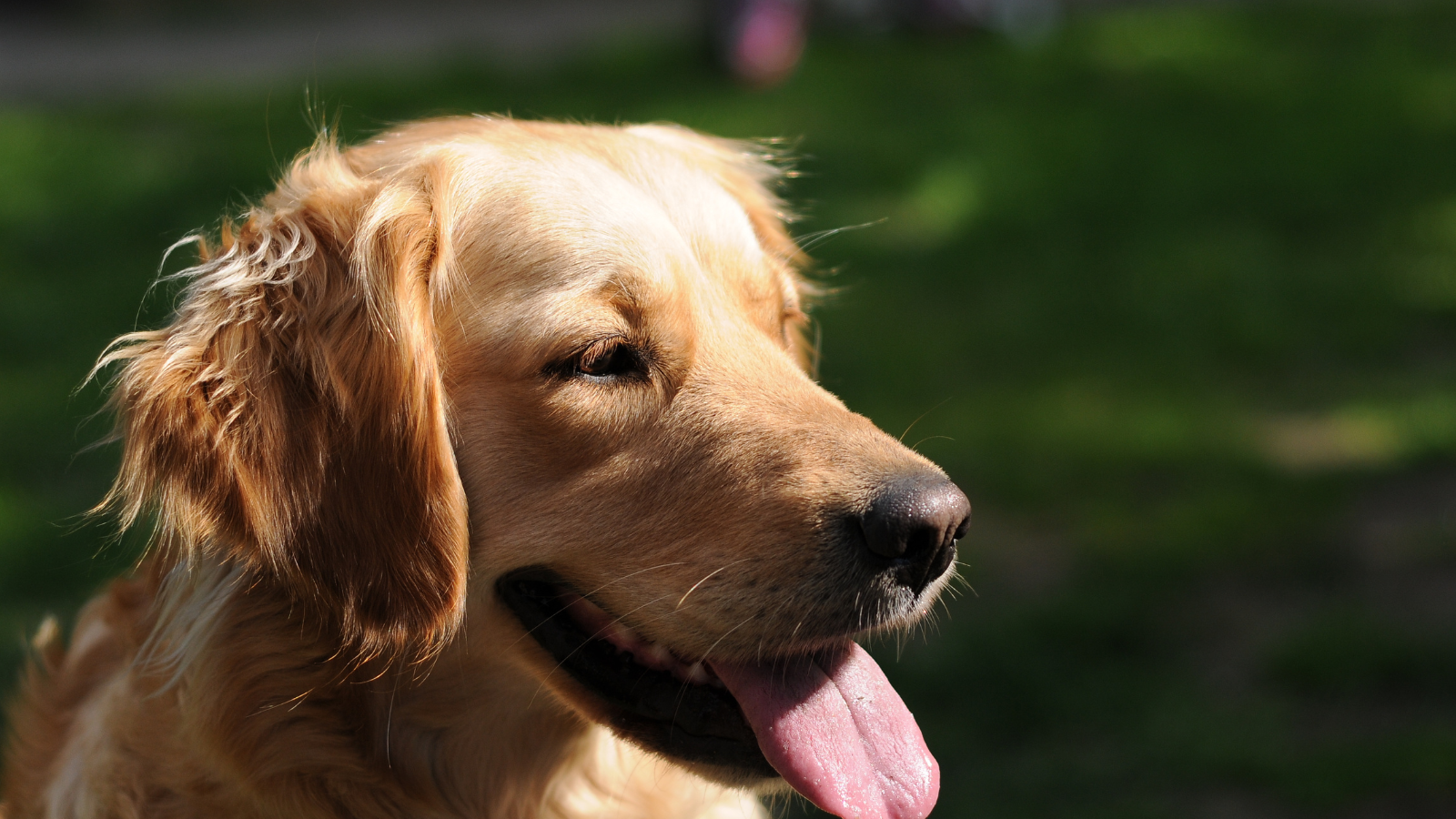Whether it’s a routine spay/neuter procedure or a more complex surgery, your pet’s recovery process is a crucial part of their healing journey. At Bay Animal Hospital, we understand that post-surgical care can feel overwhelming, but with the right guidance, you can help your pet recover comfortably and stress-free.
Here’s what you need to know about supporting your furry friend after surgery.
Preparing for Your Pet’s Return Home
Before bringing your pet home, create a calm and safe recovery area:
- Choose a Quiet Space: Set up a comfortable spot away from household noise and activity.
- Use Soft Bedding: Provide a clean, cushioned bed to support their rest.
- Limit Mobility: Block off stairs or hazardous areas to prevent accidents while they recover.
Having these preparations in place helps reduce stress for both you and your pet.
Managing Pain and Discomfort
Pain management is a vital part of post-surgical care. Your veterinarian will provide specific instructions for medications, including:
- Pain Relievers: To keep your pet comfortable.
- Anti-Inflammatory Medications: To reduce swelling and promote healing.
- Antibiotics: To prevent infection.
Always follow the prescribed dosage and schedule, and contact us if you notice signs of discomfort such as whining, restlessness, or reduced appetite.
Monitoring the Surgical Site
Checking the surgical site daily ensures it’s healing properly:
- Look for Redness or Swelling: Some is normal, but excessive redness or discharge may indicate infection.
- Prevent Licking or Chewing: Use an Elizabethan collar (e-collar) or surgical suit to keep your pet from disturbing the incision.
Contact us immediately if you notice any abnormalities, such as foul odors or excessive bleeding.
Providing Proper Nutrition and Hydration
Your pet’s appetite may decrease after surgery, but proper nutrition and hydration are essential for recovery.
- Start Slow: Offer small meals of their regular food or a veterinarian-recommended diet.
- Ensure Fresh Water: Keep water easily accessible to encourage hydration.
- Monitor Eating Habits: Report prolonged loss of appetite to your veterinarian.
Rest and Restricted Activity
Rest is critical for healing, especially after procedures that involve muscles or joints. Follow these guidelines:
- Leash Walks Only: Keep walks short and controlled to prevent strain.
- Avoid Play or Rough Housing: Limit interaction with other pets or children during recovery.
- Follow Activity Restrictions: Stick to the timeline your veterinarian provides for reintroducing exercise.
Keeping Your Pet Comfortable
Ensuring your pet is relaxed and pain-free speeds up their recovery process:
- Provide a Calm Environment: Minimize noise and avoid sudden changes in their routine.
- Offer Gentle Affection: Spending quiet time with your pet reassures them.
Knowing When to Call the Vet
While complications are rare, it’s essential to recognize when your pet needs immediate attention:
- Persistent vomiting or diarrhea.
- Fever or lethargy.
- Excessive swelling or bleeding at the surgical site.
- Difficulty breathing or unusual behavior.
If you’re ever unsure, it’s better to call and ask than to wait.
Returning to Normal Life
Your pet will gradually return to their normal routine as they heal. Follow-up appointments allow your veterinarian to monitor their progress and address any concerns.
Ensuring a Smooth Recovery
At Bay Animal Hospital, we’re here to support you and your pet every step of the way. From pre-surgical preparation to post-operative care, our team is dedicated to ensuring a successful recovery. Contact us if you have questions or need guidance during your pet’s healing journey.




